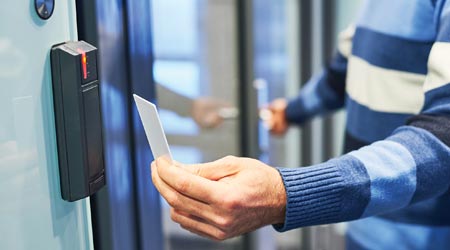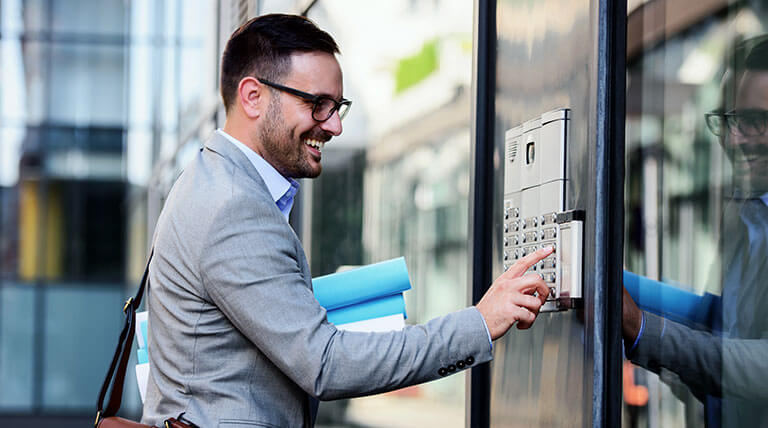Top Keypad Access Control Solutions for Commercial Properties in Bristol
These systems can be tailored with biometric authentication or RFID access cards, ensuring that only authorized individuals can enter restricted zones. Access control systems in Bristol's commercial buildings can play a vital role in fire safety by enabling quick, unrestricted access to exit routes and emergency exits. These systems allow businesses to track who enters and exits these sensitive zones and maintain detailed logs of access activity. Access control systems can monitor who enters and exits your office building, providing a detailed record of all movements.
By evaluating the different types of access control solutions, Bristol businesses can select the one that provides the best combination of security, convenience, and cost-effectiveness. This flexibility makes cloud solutions perfect for Bristol businesses with dynamic needs, including growing offices or companies with a mobile workforce. Furthermore, access control can be integrated with other safety systems, such as fire alarms or emergency exit signs, ensuring that employees and visitors can move to safety quickly and efficiently.
Furthermore, businesses in Bristol can set up alerts to notify security teams when unauthorized access attempts are made. By integrating access control systems with emergency response protocols, commercial buildings in Bristol can enhance safety and reduce risks during an emergency situation. Automating access control in Bristol warehouses ensures that security is maintained around the clock, even when staff is not on-site.
With remote management capabilities, businesses in Bristol can control access even when they are off-site, ensuring that they have full visibility over security at all times. Additionally, some access control systems integrate with locker management systems, allowing employees to securely store their personal items in designated lockers, which only they can access using a personal keycard or biometric authentication. Furthermore, modern access control systems can integrate with encryption tools to ensure that even if someone gains unauthorized access, the data remains protected.



